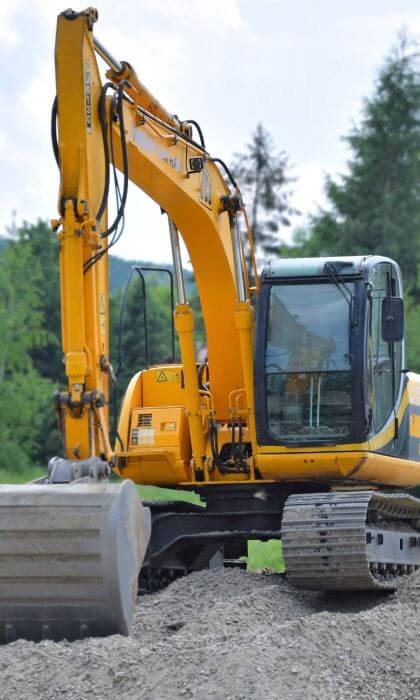image source – Acadia Drafting
Building a strong and stable foundation is crucial for the longevity and safety of any structure. When it comes to renovating or repairing existing buildings, especially those with foundational issues, underpinning becomes a necessary solution. Underpinning involves strengthening and stabilizing the foundation of a building, ensuring it can withstand the test of time and environmental challenges. However, before diving into underpinning projects, securing the right permits is essential. In this guide, we will explore the reasons why you need underpinning permits and how these permits provide solutions for stable and secure structures.
Understanding Underpinning Permits
Underpinning permits are official documents issued by local authorities that grant permission to undertake foundation repair or reinforcement work on a building. These permits serve as legal authorization for construction activities related to the building’s foundation. While the specifics may vary depending on your location, underpinning permits are generally required for the following reasons:
- Ensuring Safety and Compliance: Underpinning is a complex process that involves altering the structural integrity of a building. Permits ensure that the work is carried out by licensed professionals who adhere to safety standards and building codes. This compliance is essential to prevent accidents, structural failures, and legal complications.
- Environmental Considerations: Certain areas may have environmental regulations and restrictions due to factors like soil composition or nearby water sources. Underpinning permits help assess the environmental impact of the project, ensuring that the work does not harm the surrounding ecosystem.
- Zoning and Land Use Regulations: Zoning regulations dictate how properties can be used and developed in a particular area. Underpinning permits help assess whether the proposed changes comply with local zoning laws and land use regulations.
- Property Lines and Boundaries: Underpinning activities, especially in urban areas, can impact neighboring properties. Permits help determine property lines and boundaries, ensuring that the work does not encroach on neighboring lands.
- Structural Integrity and Design: Underpinning alters the structural integrity of a building. Permits involve detailed plans and designs, often prepared by structural engineers, to ensure that the underpinning process strengthens the foundation without compromising the overall structure.
Underpinning Permit Solutions: How Permits Benefit Your Project
- Professional Oversight: Obtaining underpinning permits ensures that qualified professionals oversee the project. Engineers and architects assess the existing foundation, design appropriate underpinning solutions, and supervise the construction process to guarantee safety and stability.
- Legal Protection: Operating without the necessary permits can lead to legal consequences, fines, and even forced cessation of work. Proper permits provide legal protection, shielding you from potential legal issues and liabilities.
- Quality Assurance: Permits often require inspections at various stages of the underpinning process. These inspections ensure that the work meets the required standards and specifications. This quality assurance guarantees that your investment results in a stable and secure foundation.
- Insurance Coverage: Insurance companies often require proof of permits and professional oversight when covering underpinning projects. Having the necessary permits in place ensures that your insurance coverage remains valid, protecting your investment.
- Community Relations: Underpinning projects in residential areas can affect neighbors. Proper permits and adherence to regulations demonstrate your commitment to responsible construction practices, fostering positive relationships within the community.
Building on a Solid Foundation
Underpinning is a vital solution for addressing foundation issues and ensuring the stability of your building. Securing underpinning permits is not just a legal requirement; it is a pathway to a successful, safe, and stable construction project. By obtaining the necessary permits, you not only comply with local regulations but also invest in the long-term safety, integrity, and value of your property. Building on a solid foundation, both literally and figuratively, is the key to a secure and prosperous future for your building.

